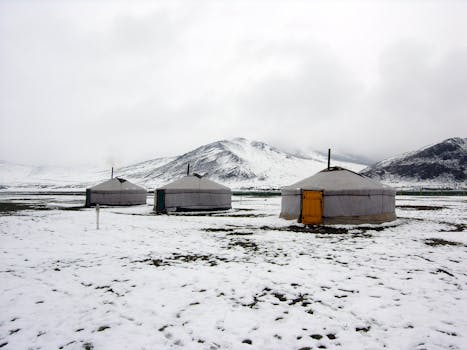
“
Sustainable Travel Practices: Merging a Conscious Lifestyle with Adventures
Sustainable travel practices are becoming increasingly important as travelers become more aware of the impact their adventures can have on the environment. Sustainable travel is about more than just reducing waste and using eco-friendly products; it’s about embracing a conscious lifestyle that respects local cultures, supports local economies, and preserves the natural beauty of destinations.
Understanding Sustainable Travel

Sustainable travel, also known as responsible travel or eco-friendly tourism, involves making conscious choices to minimize one’s impact on the environment, local communities, and cultures. This can include choosing accommodations that have environmentally friendly practices, using public transport or walking instead of renting cars, and respecting local customs and traditions.
Benefits of Sustainable Travel

The benefits of sustainable travel are numerous. Not only does it help reduce the negative impact of tourism on the environment, but it also provides an opportunity for travelers to immerse themselves in local cultures, support local economies, and contribute to the preservation of natural beauty. Sustainable travel can also lead to a more authentic and meaningful travel experience, as travelers are able to engage with local communities and learn about their customs and traditions.
Practical Tips for Sustainable Travel

So, how can you incorporate sustainable travel practices into your next adventure? Here are some practical tips:
- Choose accommodations that have environmentally friendly practices, such as solar power, rainwater harvesting, and recycling programs.
- Use public transport, walk, or bike instead of renting cars or taking taxis.
- Respect local customs and traditions, and learn a few basic phrases in the local language.
- Support local economies by buying local products and eating at local restaurants.
- Avoid single-use plastics, and opt for reusable bags, water bottles, and straws instead.
Conclusion

In conclusion, sustainable travel practices are essential for minimizing our impact on the environment and preserving the natural beauty of destinations. By embracing a conscious lifestyle and making conscious choices, we can ensure that our adventures are not only enjoyable but also responsible. So, next time you plan a trip, remember to choose sustainable accommodations, use public transport, respect local customs, and support local economies. Together, we can make a difference and create a more sustainable future for tourism.






